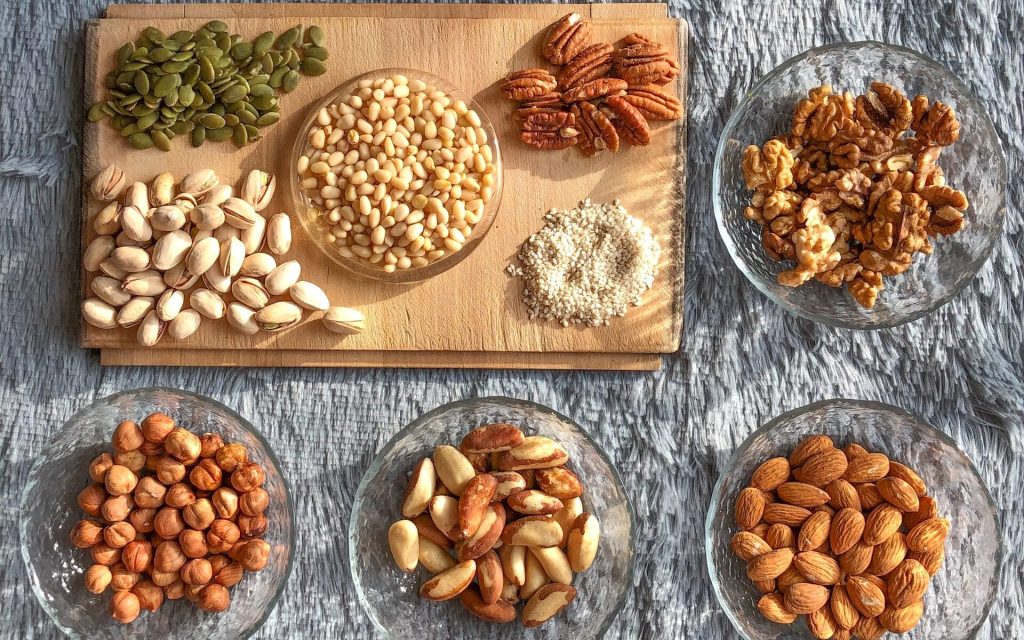
Diets often recommend avoiding nuts as they contain a large amount of fat even though they are high in protein and fibre. Now, a large study published in the journal Obesity demonstrated that including almonds in an energy restricted diet not only helped participants to lose weight, but also improved their cardiometabolic health.
Examining the effects of energy restricted diets supplemented with Californian almonds or with carbohydrate- rich snacks, researchers found that both diets successfully reduced body weight by about 7kg.
Globally, more than 1.9 billion adults are overweight (650 million with obesity). Two in three people (approximately 12.5 million adults) are overweight or have obesity, as do one in every two South Africans.
UniSA researcher Dr Sharayah Carter says the study demonstrates how nuts can support a healthy diet for weight management and cardiometabolic health.
“Nuts, like almonds, are a great snack. They’re high in protein, fibre, and packed with vitamins and minerals, but they also have a high fat content which people can associate with increased body weight,” Dr Carter says.
“Nuts contain unsaturated fats – or healthy fats – which can improve blood cholesterol levels, ease inflammation, and contribute to a healthy heart.
“In this study we examined the effects of an almond-supplemented diet with a nut-free diet to identify any influence on weight and cardiometabolic outcomes.
“Both the nut and nut free diets resulted in approximately 9.3% reduction in body weight over the trial.
“Yet the almond-supplemented diets also demonstrated statistically significant changes in some highly atherogenic lipoprotein subfractions, which may lead to improved cardiometabolic health in the longer term.
“Additionally, nuts have the added benefit of making you feel fuller for longer, which is always a pro when you’re trying to manage your weight.”
The study, funded by the Almond Board of California, had 106 participants complete a 9-month eating program (a three-month energy-restricted diet for weight loss in Phase 1, followed by Phase 2, a six-month energy-controlled diet for weight maintenance). In both phases, 15% of participants’ energy intake comprised unsalted whole almonds with skins (for the nut diet) or 15% carbohydrate-rich snacks – such as rice crackers or baked cereal bars (for the nut-free diet).
Reductions occurred in fasting glucose (−0.2mmol/L), insulin (−8.1pmol/L), blood pressure (−4.9 mmHg systolic, −5.0mmHg diastolic), total cholesterol (−0.3 mmol/L), low-density lipoprotein (LDL) (−0.2mmol/L), very low-density lipoprotein (−0.1mmol/L), and triglycerides (−0.3mmol/L), and high-density lipoprotein increased (0.1mmol/L) by the end of Phase 2 in both groups.
Source: University of South Australia

